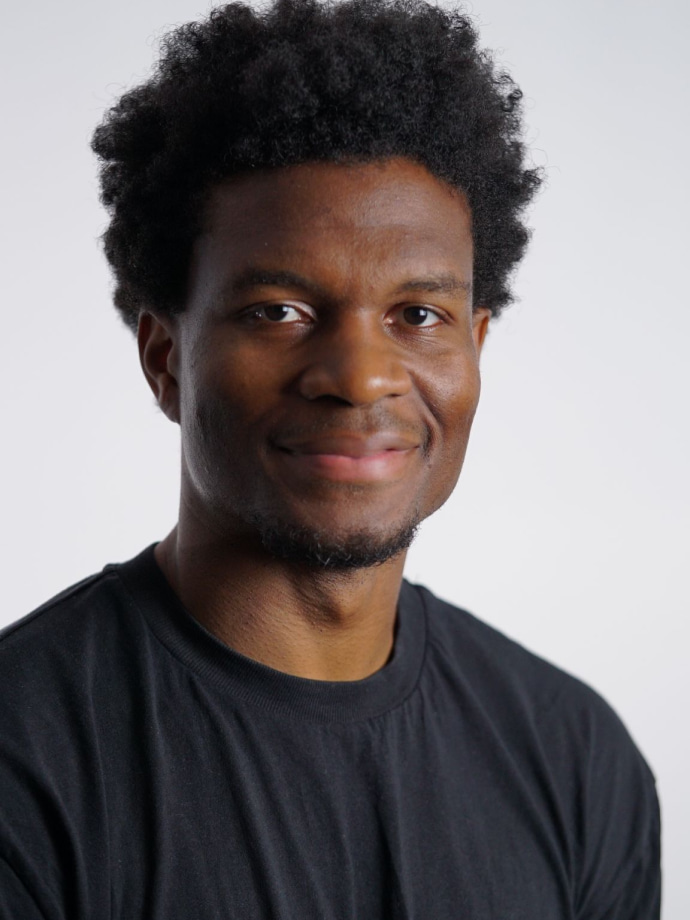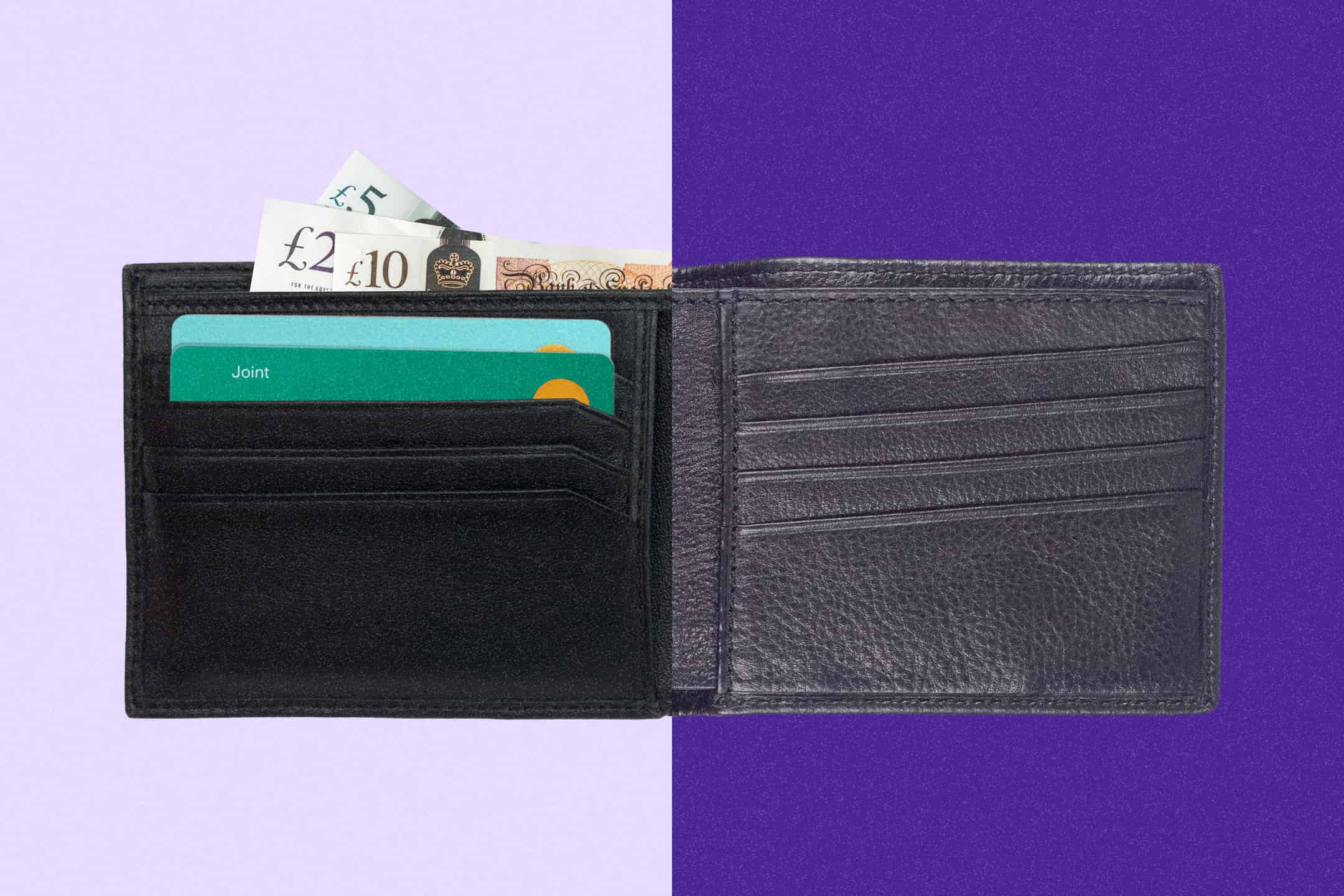
How Much Does It Cost?
How much do two weeks in Thailand cost?
By Hannah Summers
Money Truths

In the UK, a third of adults are owed money by friends or family. Of those, 35% are owed more than £500: Gemma Wright*, 28 and from Exeter, is one of them. To dig into the dynamics around lending and borrowing amongst friends, we shared her story with psychotherapist Tasha Bailey (@RealTalk.Therapist) and money expert Timi Merriman-Johnson (@MrMoneyJar), to hear their advice. Here, they share their thoughts on what we call ‘the IOU taboo’.
When 20-year-old Gemma and her friend arrived at the hostel they’d booked to stay on the Greek island of Mykonos, they were greeted by an infestation of cockroaches. Luckily the owners didn’t kick up a fuss when the two girls cancelled their booking. With a refund on its way, they set off to look for somewhere else to stay.
“It was a Friday night during peak season and we needed somewhere for the week. One of the only places left was quite fancy. It wasn’t something we’d have booked normally, but at that moment, we were two young girls on our own and it was all getting a bit scary,” says Gemma.
“The hotel was just over £500 each for the week. I knew my friend wasn’t in a position to pay that so I decided to use the emergency money I’d saved up. I’d worked 16 hour days at a pub at the beginning of the summer so I could spend the rest of it travelling. I told her I’d pay for the room. We had a great holiday together, I didn’t think about the money at all for the rest of the week.”
In the eight years that have passed since the holiday, her friend has never brought it up. Neither has Gemma. “I probably knew at the time that I was never going to get it back. Asking for it after a year or two isn’t something I’d do. I also worried that I’d implied she didn’t need to pay it back. And I knew that she didn’t have £500 to spare and didn’t have a family that could be her safety net. I hated the idea of being viewed as a bit greedy when I have no right to be.”
Gemma and her friend, who she met at university, have since drifted apart. “The money I gave her wasn’t the reason we drifted but I do want to get better at finding the balance between giving to those I love and asking for money back when it’s due. I rarely care about money gone by, particularly if I’ve spent it on a friend or an experience, but those little things, no matter how small, do add up. You think it will all come out in the wash. But does it?”
“Gemma deserves so much more credit than she gives herself. At such a young age, she managed to have an extra grand to spare for emergencies! And she did the best she could in that situation. It sounds like she has this internal parent she believes is going to tell her off. But there’s no one there to do that, except herself.”
When talking to Tasha about the issue, Gemma described herself as a ‘people pleaser’ and someone who is avoidant. “People pleasing is the tendency to jeopardise your own needs in order to fulfil somebody else’s,” says Tasha. “Often it comes from a place of fear — fear of rejection, being disliked or judged — and is fuelled by guilt. So in this situation, she felt guilty that her friend couldn’t afford the room — so she paid for it. It can also be based on assumptions about other people and their needs, which was the case here. She didn’t ask her friend what her situation was or if she could pay her back over time.”
“When I work with people on this, I try to help them discover what is at the heart of their ‘people pleasing’: Is it to be liked? Is it to avoid judgement? What are they scared of that has led them to people please? People pleasing is a survival technique, just like being avoidant.
“Being avoidant is the ‘flight’ part in the phrase ‘Fight or flight’. It’s a response to seeing something that’s stressful, like money or asking for money back.”
Tasha believes that many people struggle with money management partly because of a lack of financial education in schools. “It means that almost all the lessons we have around money come from what we see our family doing. That’s why having an awareness of your family history with money is so important. It can help you understand where unhealthy narratives come from, like feeling it’s ‘greedy’ to ask for what you’re owed.”
Gemma is the eldest of three, born to hard-working parents who moved to the UK when she was young to establish a better life for their family. “The importance of earning money was instilled in me from a young age – if you wanted to spend money, you had to earn it. We’d get pocket money, but only if we cleaned the car or helped out. I remember being really excited to be the age where I was able to go to work and get my little weekend job. One of my sisters is really similar, she couldn’t wait to work.”
One childhood money memory that stands out for Gemma is when her mum lent money to a neighbour. “She didn’t tell my dad for ages, even when they had some big financial issues. And I know Mum never got that money back. She did it because she knew they needed it. Mum would have said, ‘Pay us back when you can’, knowing they wouldn’t be able to. She really cared about those neighbours.”
On learning about this pattern within Gemma’s family, Tasha responded: “If this came up in a therapy session, I would suggest we create a timeline or family tree which tells the story of money in their family. What was money like growing up? Was it accessible? What was the financial history before she was born? There’s a lot that feeds into our childhoods that we then take into adulthood, especially when it comes to money.”
“In therapy, people come to realise that their parents couldn’t teach them everything. As adults, we need to fill in the gaps and have compassion for ourselves while we’re learning. Imagine you’re talking to your younger self about money. You wouldn’t criticise and shame yourself for something you were never taught. You’d say, ‘You’ve done really well so far but I think we can do better.’ And you’d find tools to help you, like Starling, and take it step by step.”


When it comes to asking for money back, Tasha suggests doing this sooner rather than later, and building it into your routine: “When I’m home after seeing friends and I take off my makeup, I send through a request for any money I’m owed through Starling or whatever bank they’re using. I make it part of the ritual of my ‘getting home process’,” she says.
“If you do it regularly, it becomes part of the group culture. At first, it can feel awkward but awkward isn’t always a bad thing. It just means you’re introducing something new so lean into the awkwardness – it won’t last forever.”
“I tell people to think of lending money to friends or family as a really high risk loan. Unless there’s a contract, you’re giving that money away. You should only lend it if you’re prepared not to see it again.”
“Don’t borrow money through a payday loan or credit card to lend to family or friends. The lender doesn’t care who you’re giving that money to or if they pay you back, your agreement is with the lender. And if you do lend money to family or friends with the expectation of getting it back, formalise it.”
“It may sound weird but write an email to the borrower that says how much you’ve lent, the date and when you’d like to get it back. It can also outline the terms, for example if it’s going to be paid back in a lump sum or in smaller chunks.”
Timi also encourages people to talk about the money being lent. Not only before it’s transferred but a month or a few months afterwards. “You can switch into a different mode for these sorts of conversations, it’s what you sometimes have to do in job interviews. You’ll be having a social interaction, finding out about each other and then a question will come up about what your salary expectations are and you’ll have to put your business hat on. It’s about laying everything out.”
For Gemma, this is what was missing. “Money is such a taboo,” she says. “It would have been great if my friend had felt comfortable enough to be honest and say, ‘If you lend me that, I won’t be able to pay you back’. I still would have made the same decision. But it wouldn’t have become an elephant in the room.”
Timi’s key message is to think twice before jumping to someone’s aid: “When you get on a plane and they do the safety briefing, what do they say to parents? Put on your own oxygen mask before your baby’s. Why do they say that? Because if the oxygen runs out and you haven’t looked after yourself first, you won’t be able to help anyone.
“The same goes for lending money. Even if they’re struggling, you have to look after yourself first. Your first port of call is to have your own bills paid, your own needs met and an emergency fund saved, which means you have an amount of cash set aside in case you lose your primary source of income or encounter an emergency, like your car breaking down.
Once you’ve done that, then you’re in a position to lend or give people money. You must fit your own oxygen mask first.”
For Gemma, looking after her money is something she’s getting better at with practice. “Better tech and tools in digital banking are helping me be less avoidant around asking for money back,” she says. “I can split what I’ve spent on Starling. No one questions the Settle Up notification and for some reason it feels so much better. It feels legit, not like I’m trying to swindle anyone. It takes the emotion out of it.”
*Real identity kept anonymous.
The opinions and views expressed in the article above belong only to the people featured. They do not represent Starling’s views or opinions.
The article above includes general information and should not be taken as financial advice. If you have questions about your specific circumstances, you should speak to an independent financial advisor.

How Much Does It Cost?
By Hannah Summers

Group holidays
By Anonymous contributor

Salaries
By Charlotte Lorimer

Weddings
By Veena McCoole